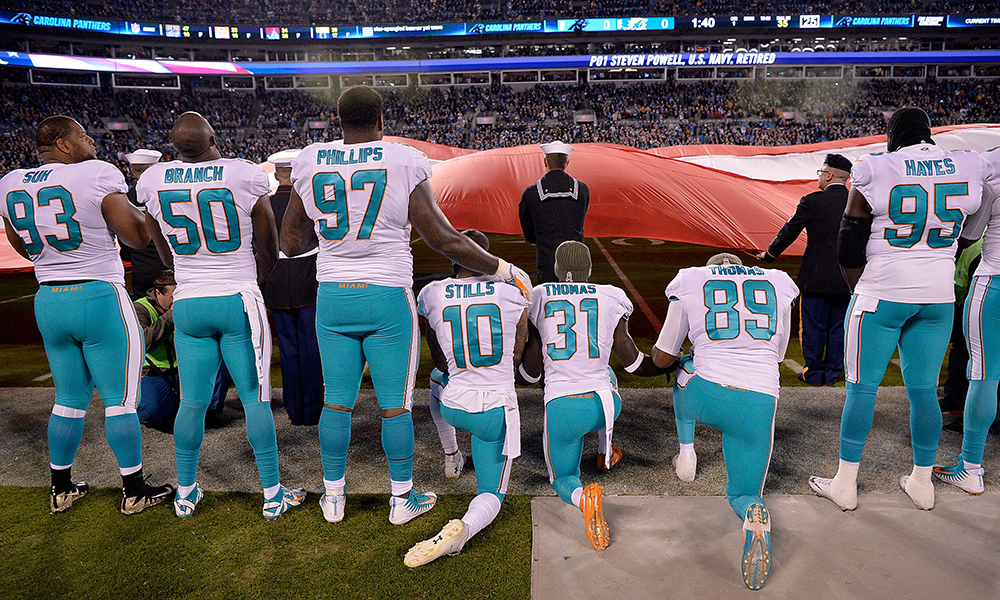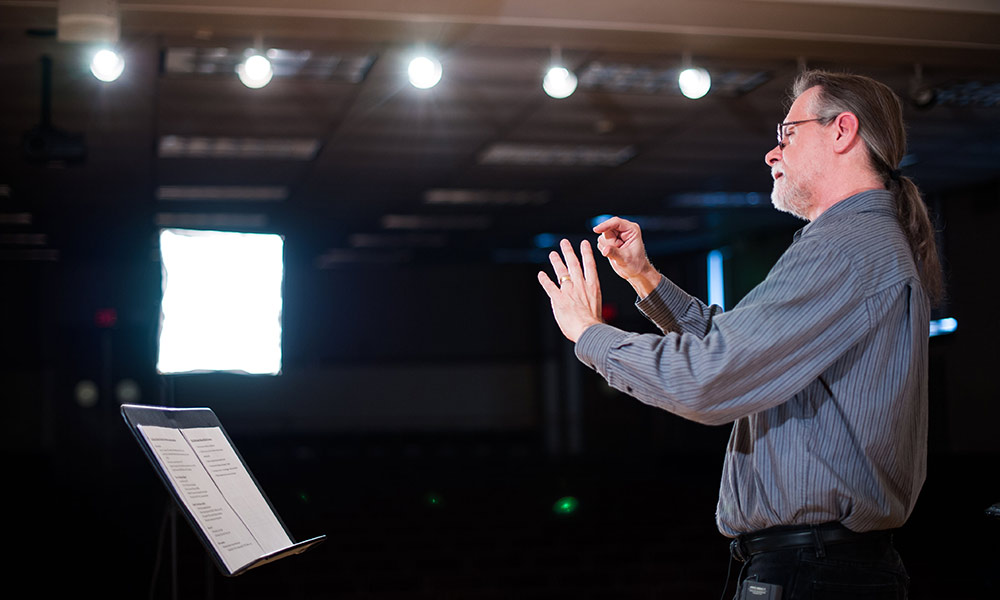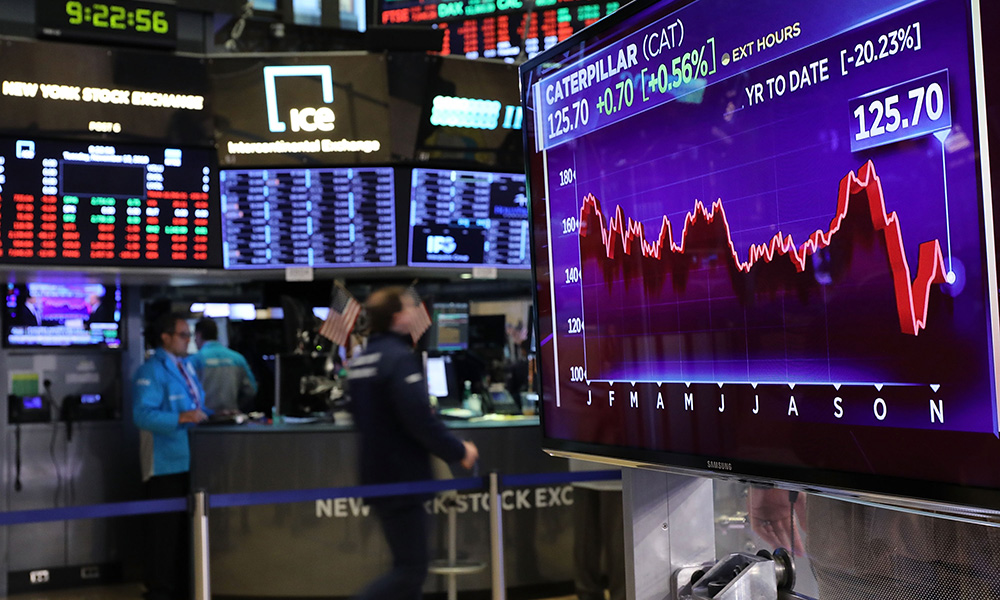
Conservative audiences no less interested in Captain Marvel
“The myth that female- or minority-led films struggle at the box office has been debunked again,” writes Bethany Lacina, an associate professor of political science, in an analysis for the Washington Post.

When the federal debt hits $22 trillion
Professor and campaign finance expert David Primo appeared on Wisconsin Public Radio to discuss the importance of the national debt, which has hit levels not seen since the aftermath of World War II.

Australia asks how best to tell a story of national beginnings
What makes for a good celebration of national origins? Professor of philosophy Randall Current recently discussed the issue on the Australian Broadcasting Corporation as the controversy over Australia Day grows.

White fans like white NFL players more and black players less since anthem protests
Writing in the Washington Post political scientist Bethany Lacina shows how the gap in the popularity of black and white NFL players with white fans has increased since 2016.

Rochester: home to the study of pop music
The “study of pop music is just as serious-minded as studying Beethoven, Bach, and Brahms,” says John Covach, director of Rochester’s Institute for Popular Music in (585) magazine.

Russia and the paradox of freedom of expression
While Russia still allows for more openness, discussion, and freedom of expression than some authoritarian countries, it’s more complicated than that, says political science professor Randall Stone, who recently returned from a trip to Russia.

Love in the time of Tinder
More than one-third of the sample in a recent survey by associate professor of psychology Ronald Rogge used dating apps. Rogge joined professor Harry Reis on WXXI to discuss this and other changes in dating culture.

Time to acknowledge Soviet Union’s ‘immense losses’ in World War II
Marking the December anniversary of the 1941 Soviet offensive at the Battle of Moscow, associate professor of history Matthew Lenoe writes in the Washington Post about Russian sacrifice and loss during World War II.

Stock market ups and downs: A long view is in order
How concerned should the investing public be about recent downturns in the stock market? While daily fluctuations make for interesting news stories, Simon Business School professor Bill Schwert advises investors to “take a long view.”

How might we detect possible intelligent life beyond Earth?
“There’s so much to look at, and we’ve done so little of it so far,” Rochester professor of astrophysics Adam Frank told NPR’s All Things Considered.
